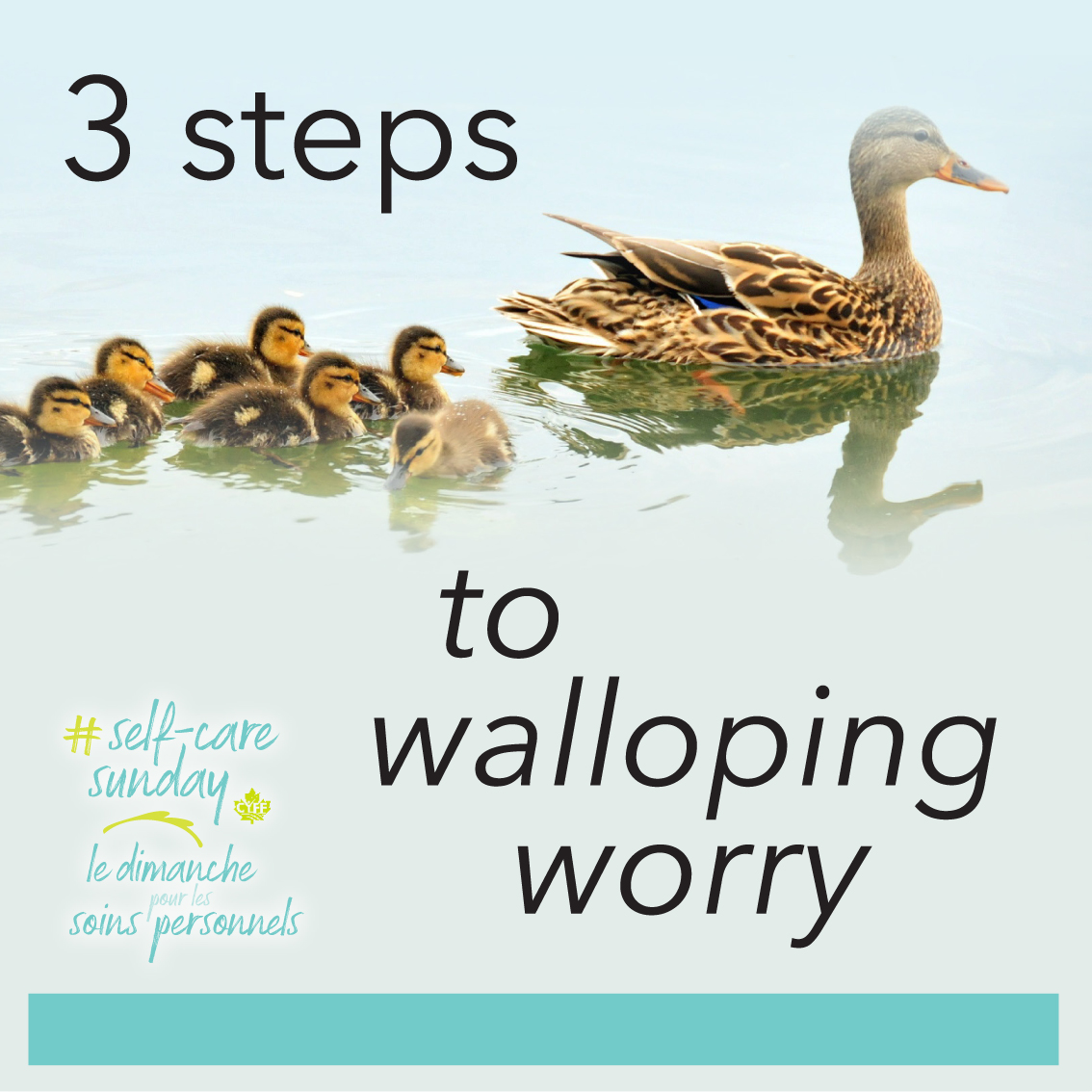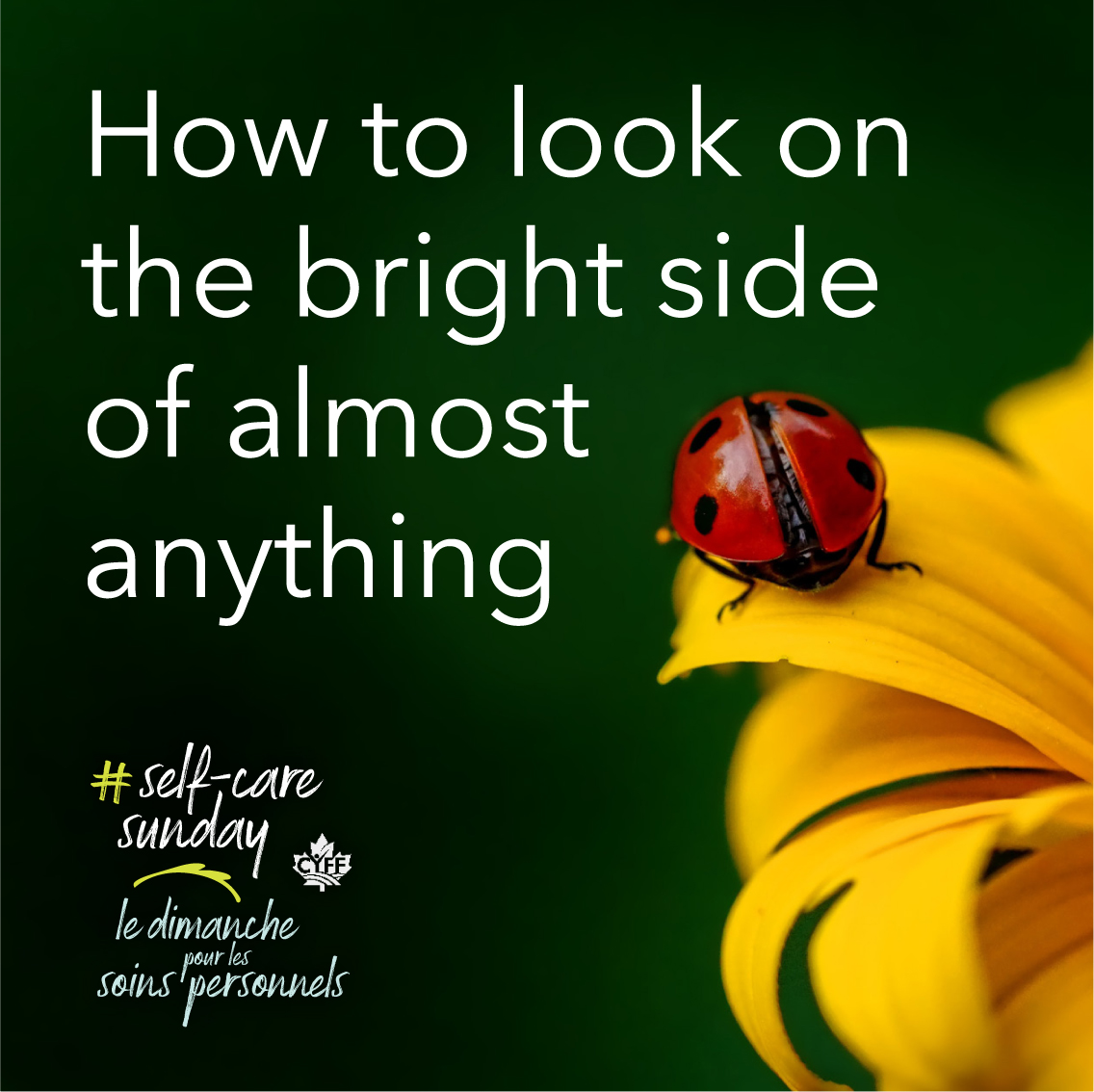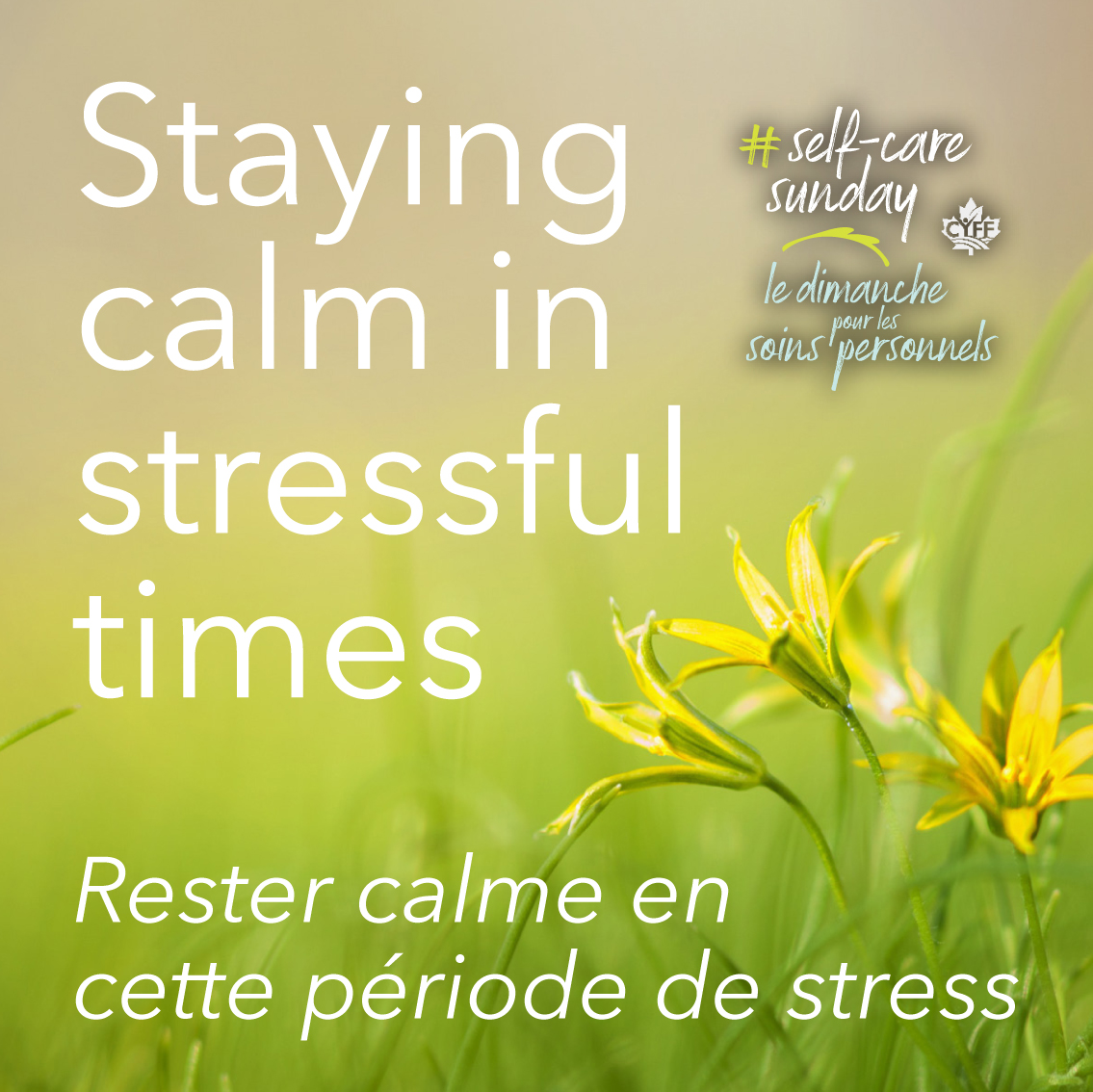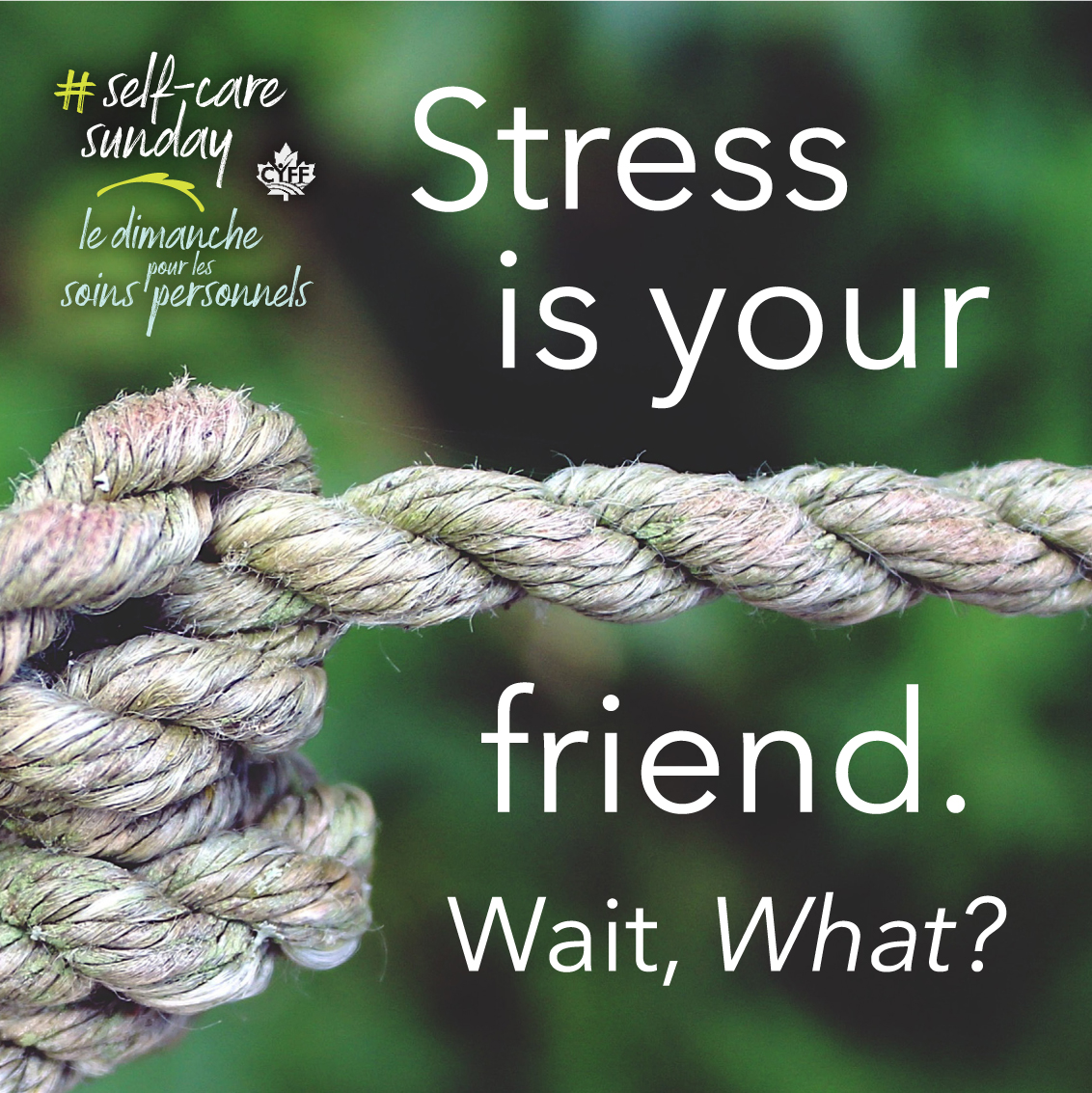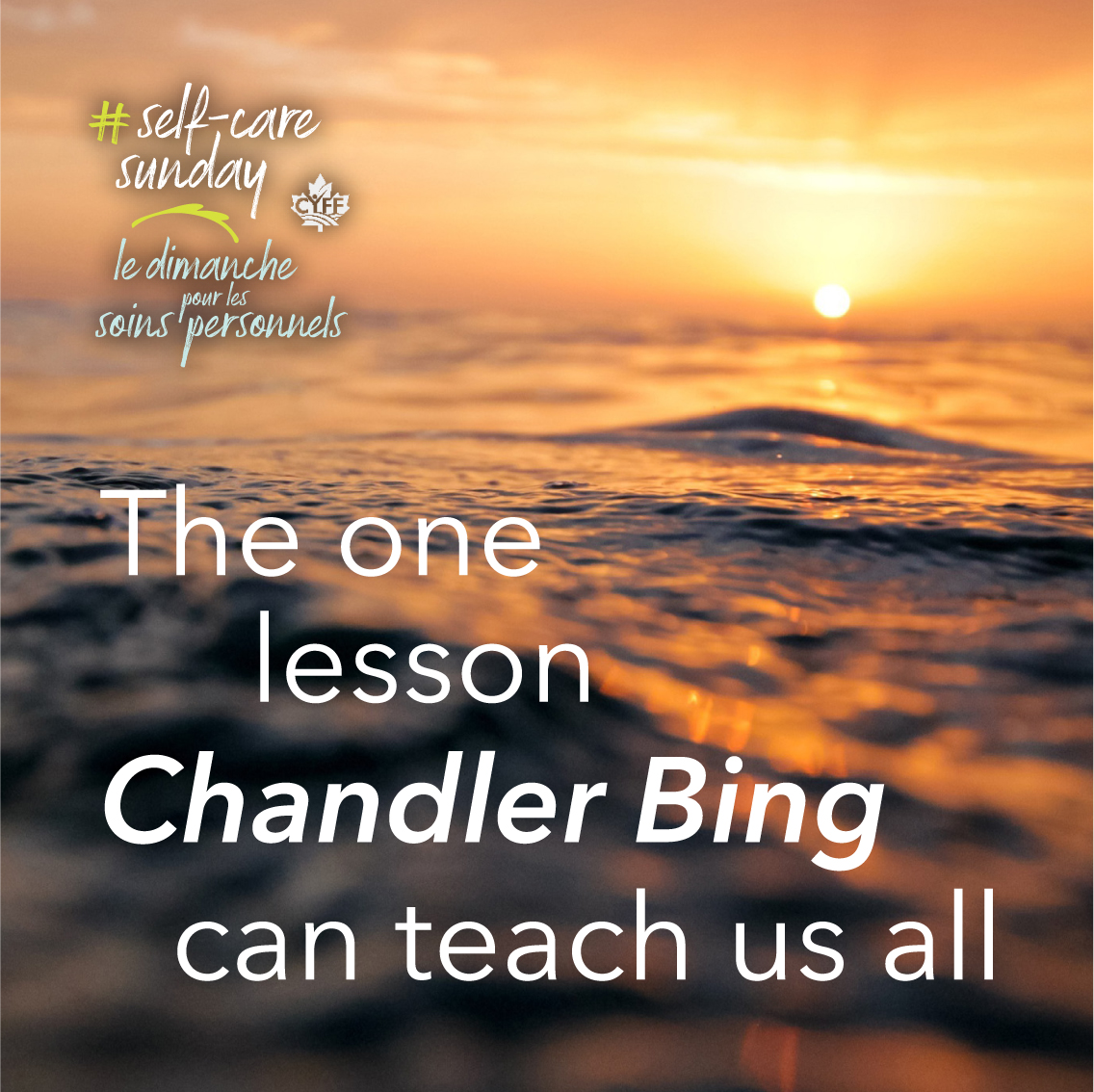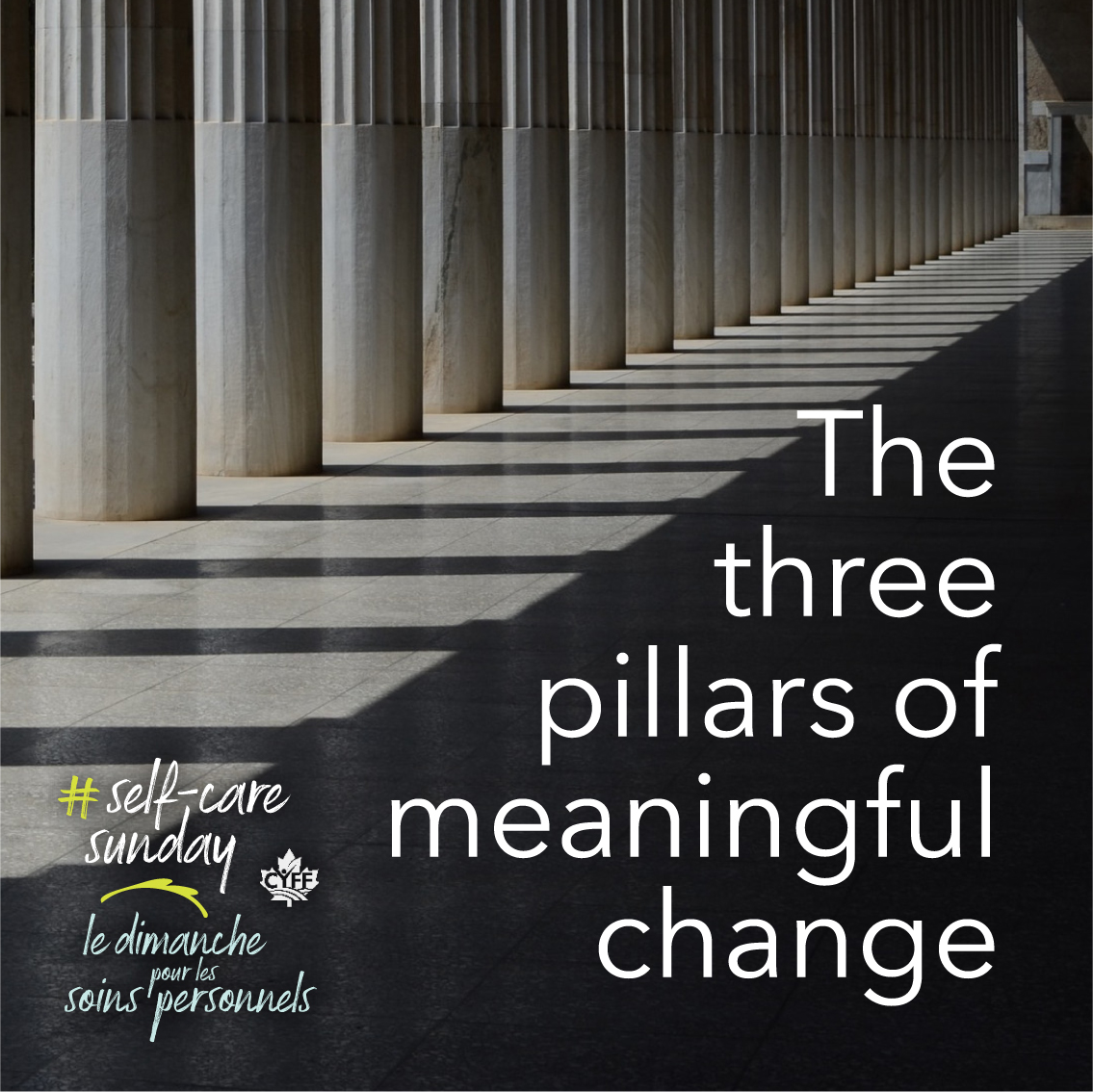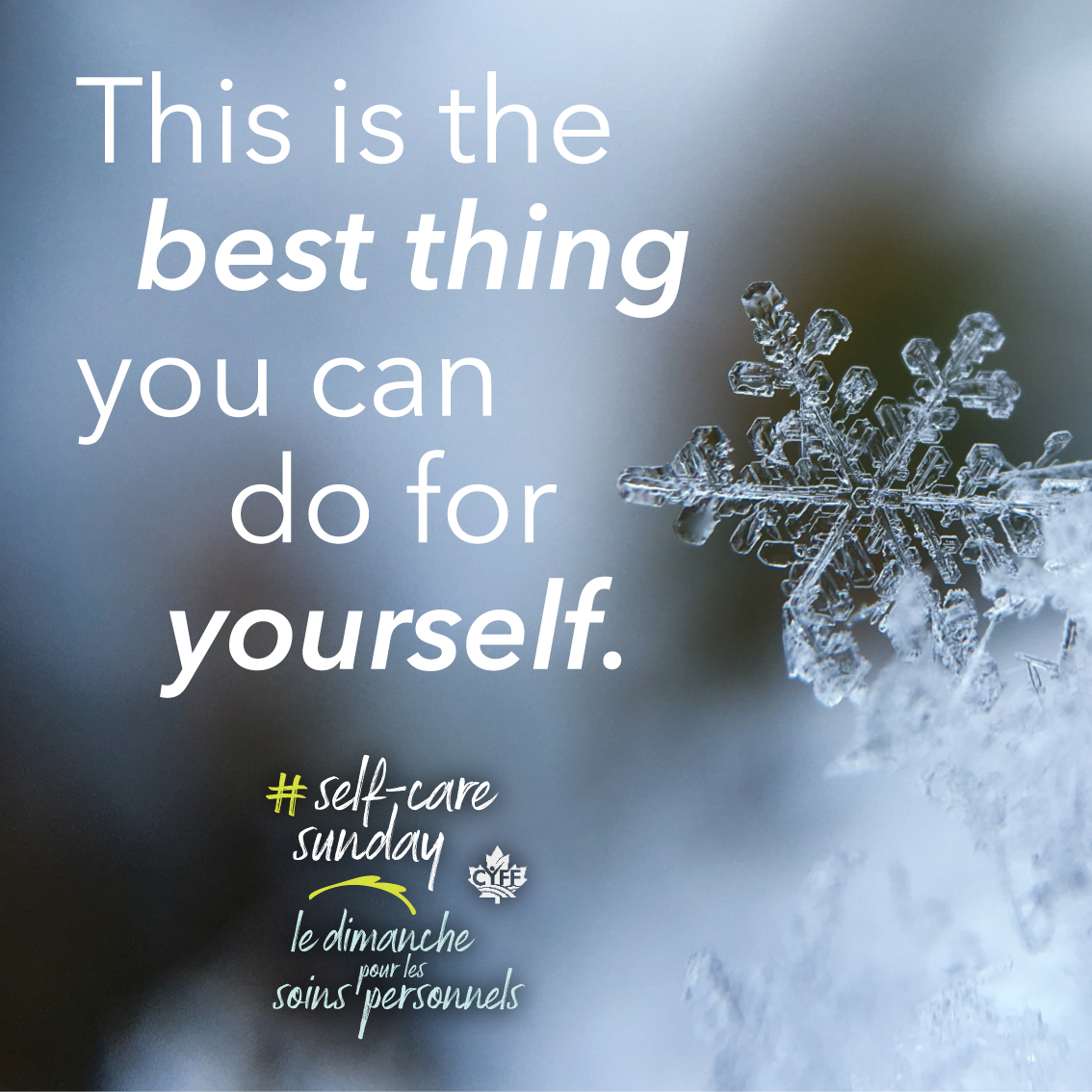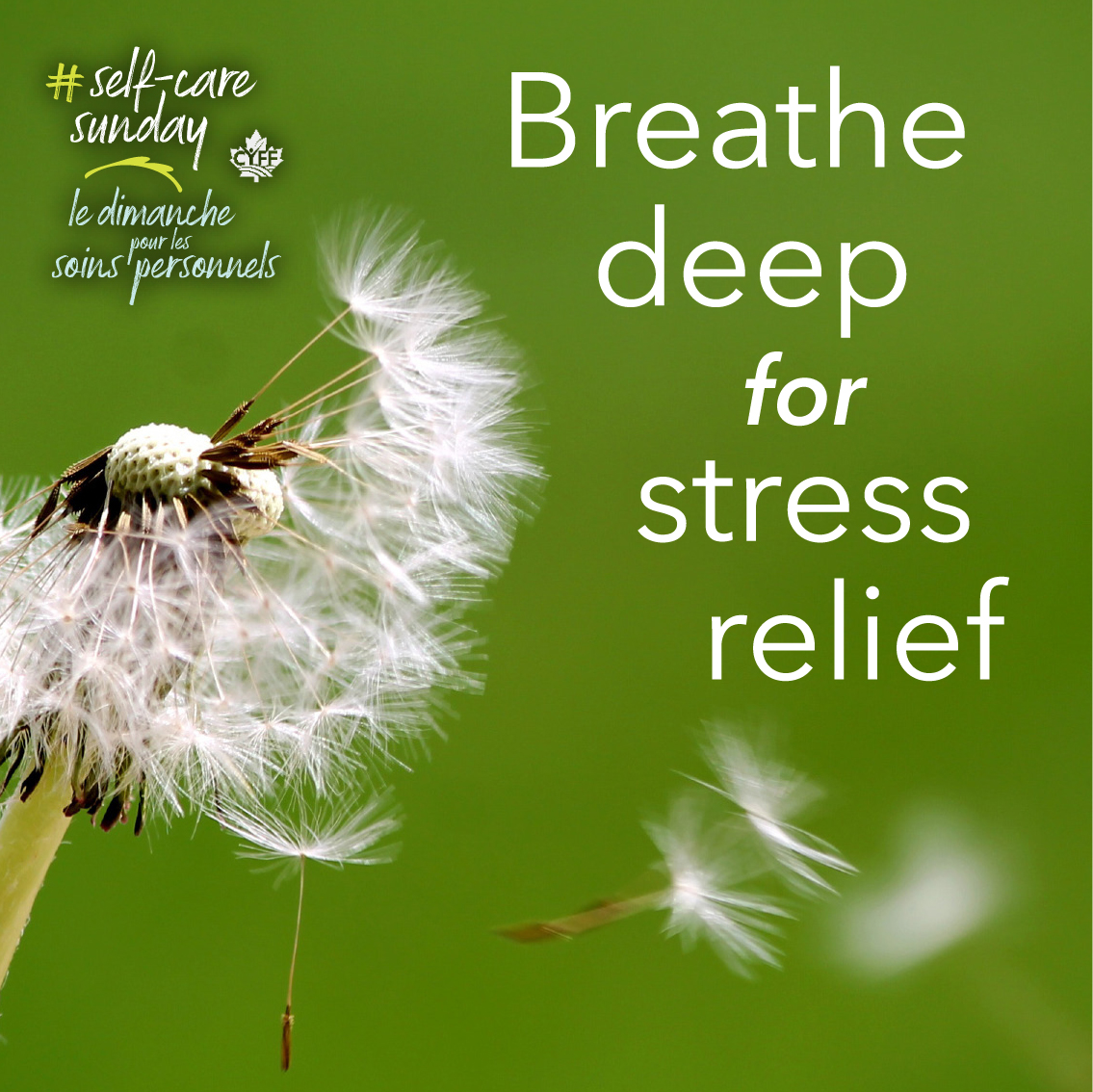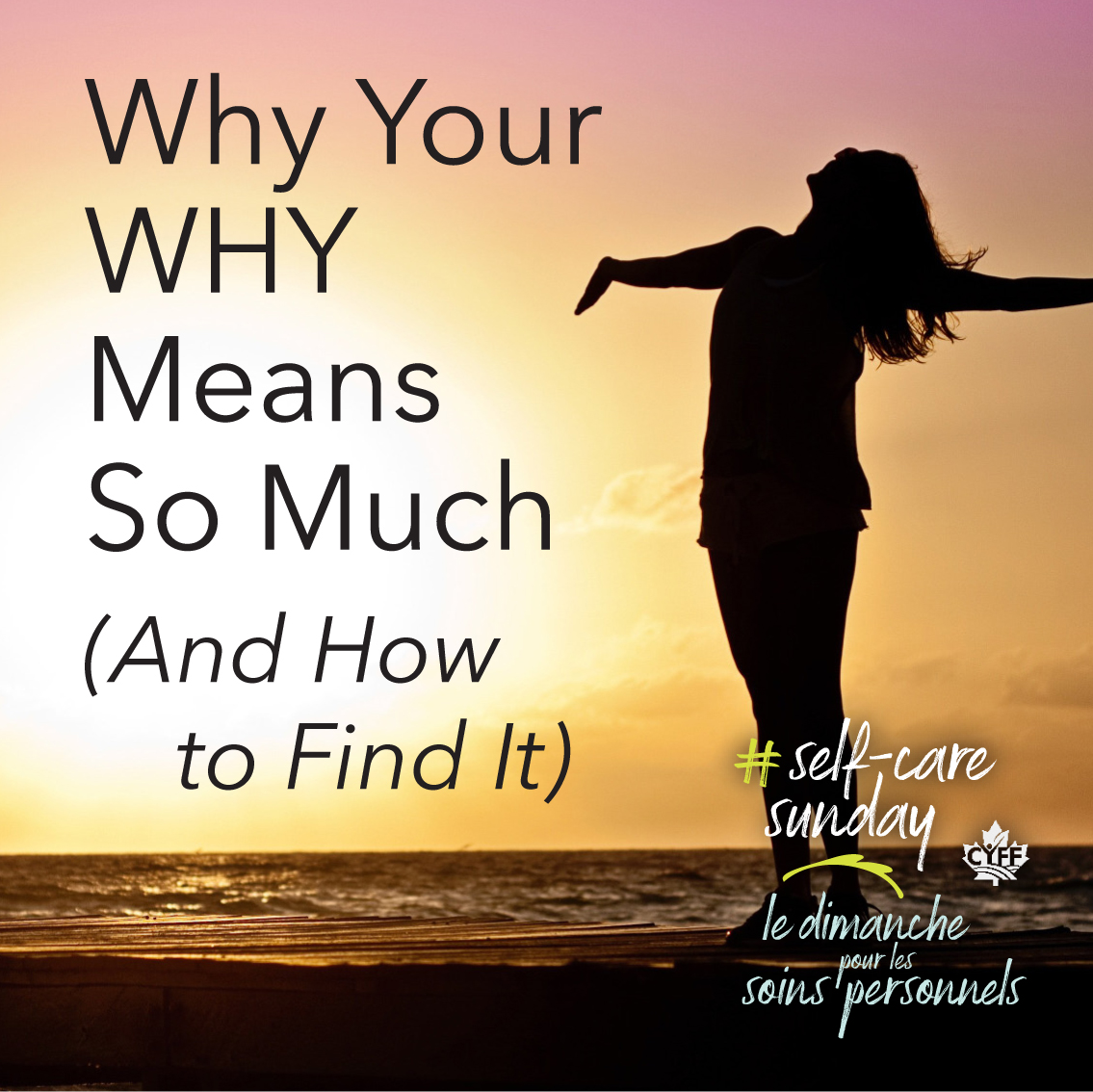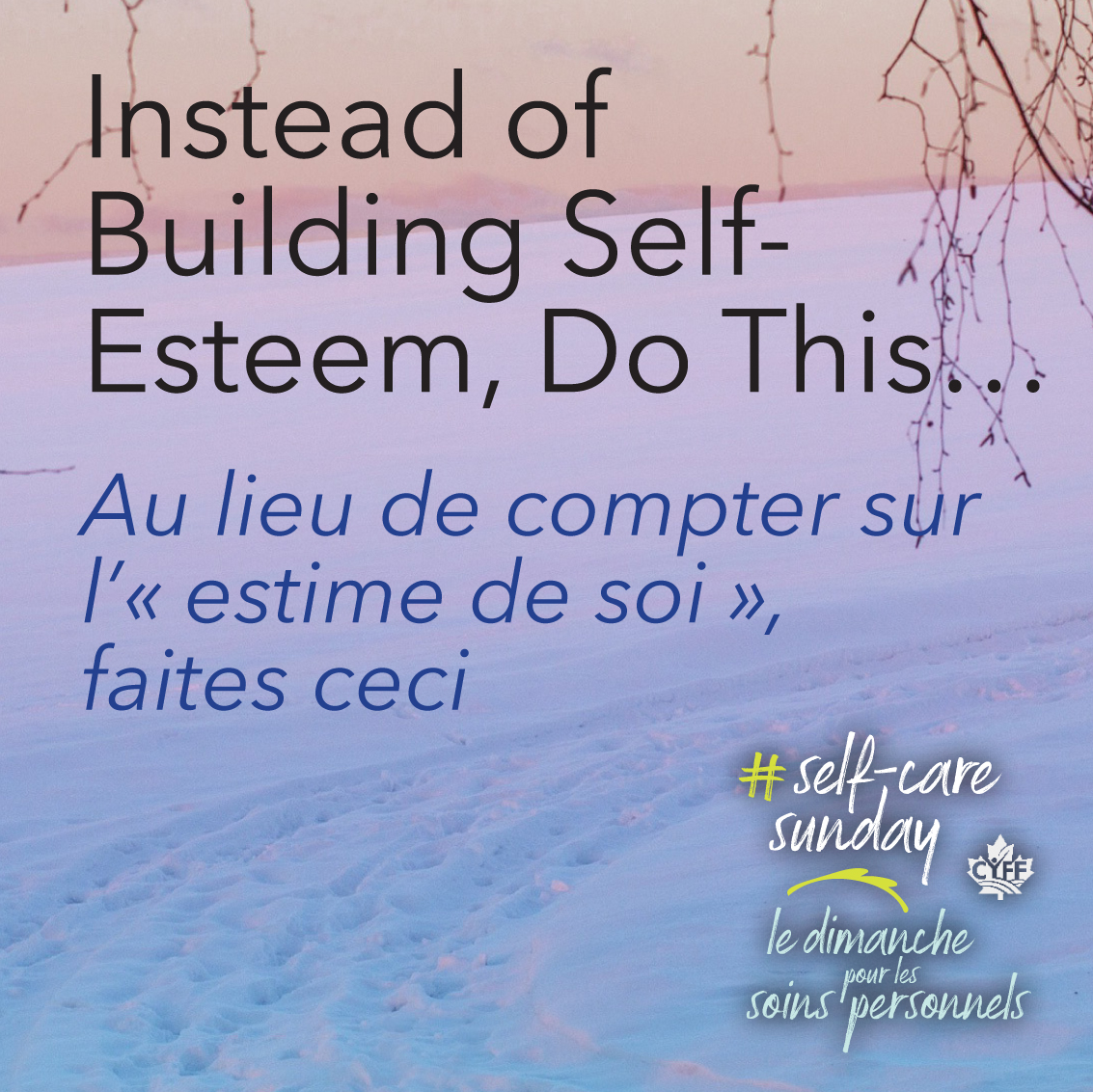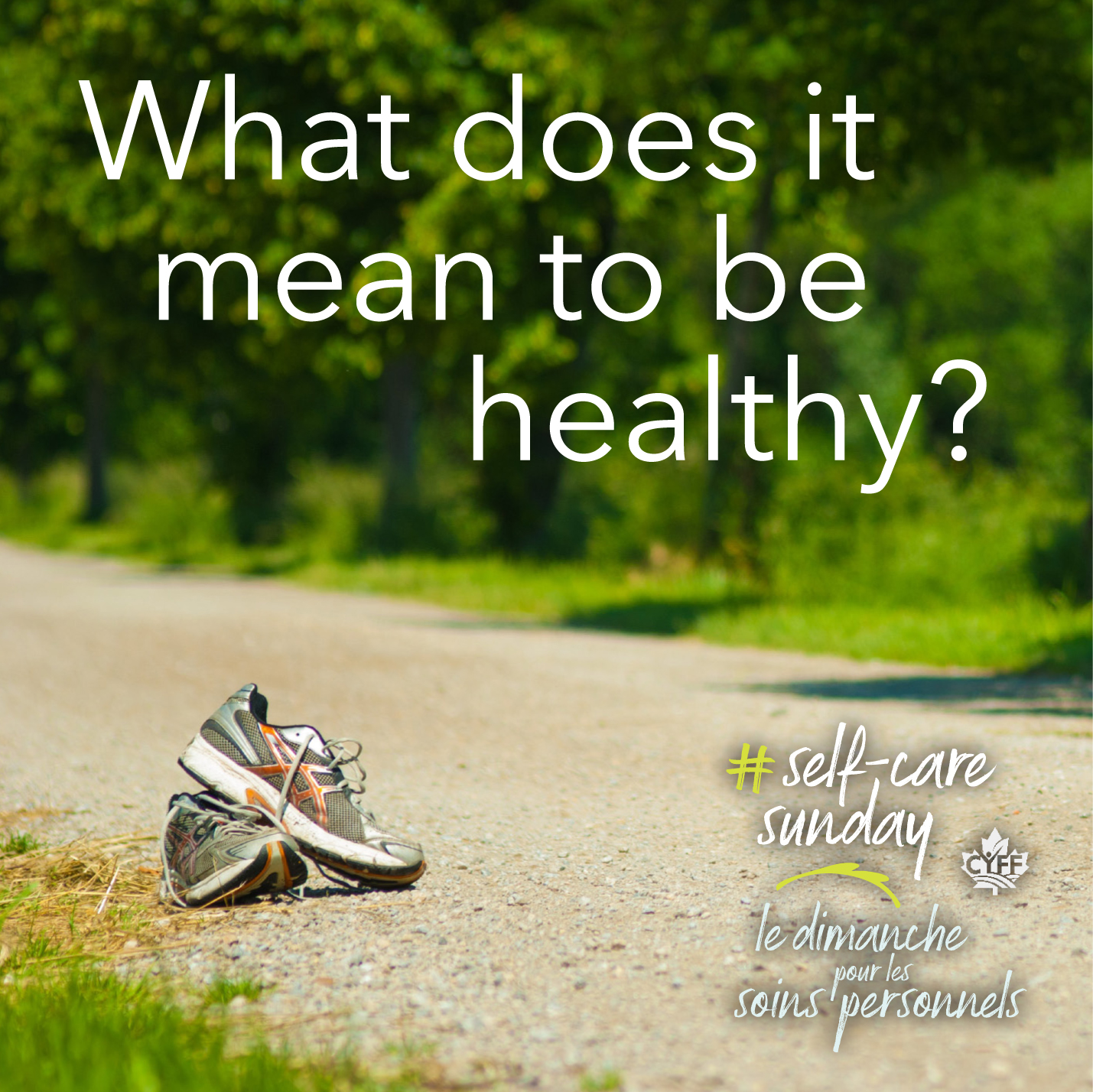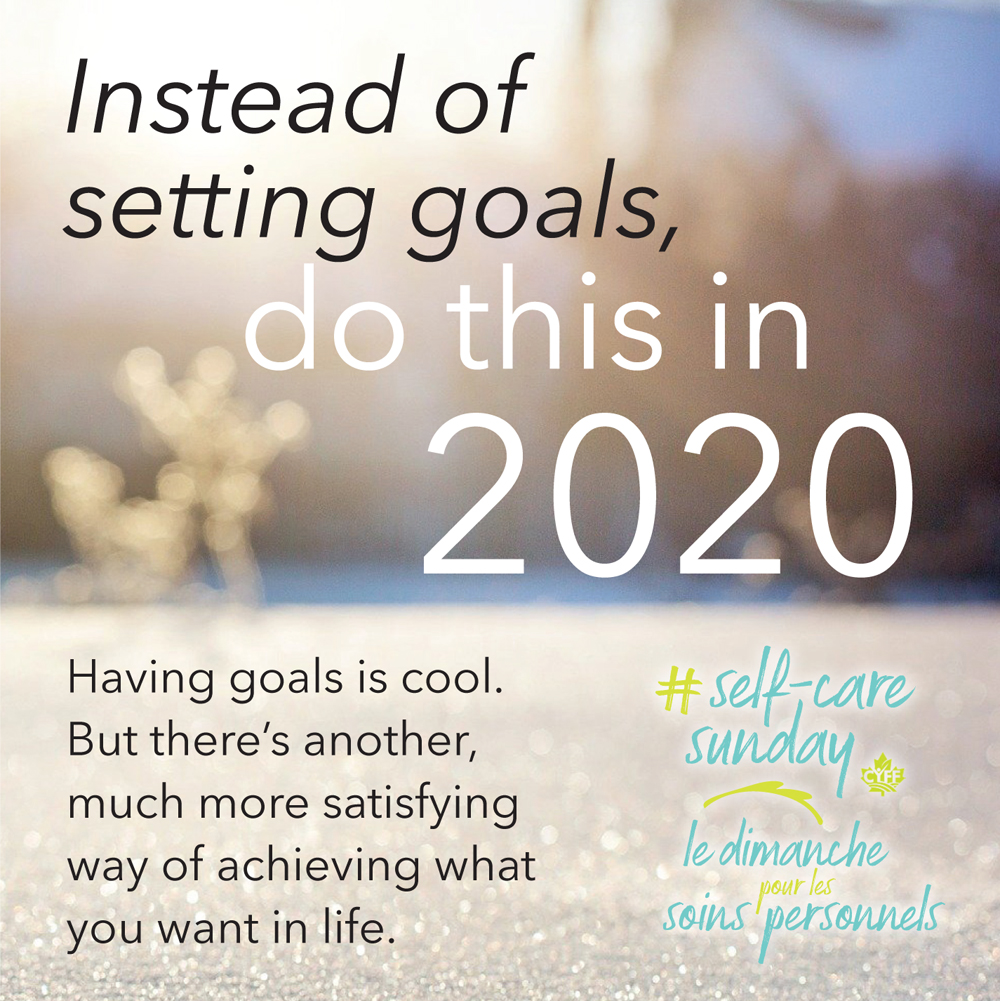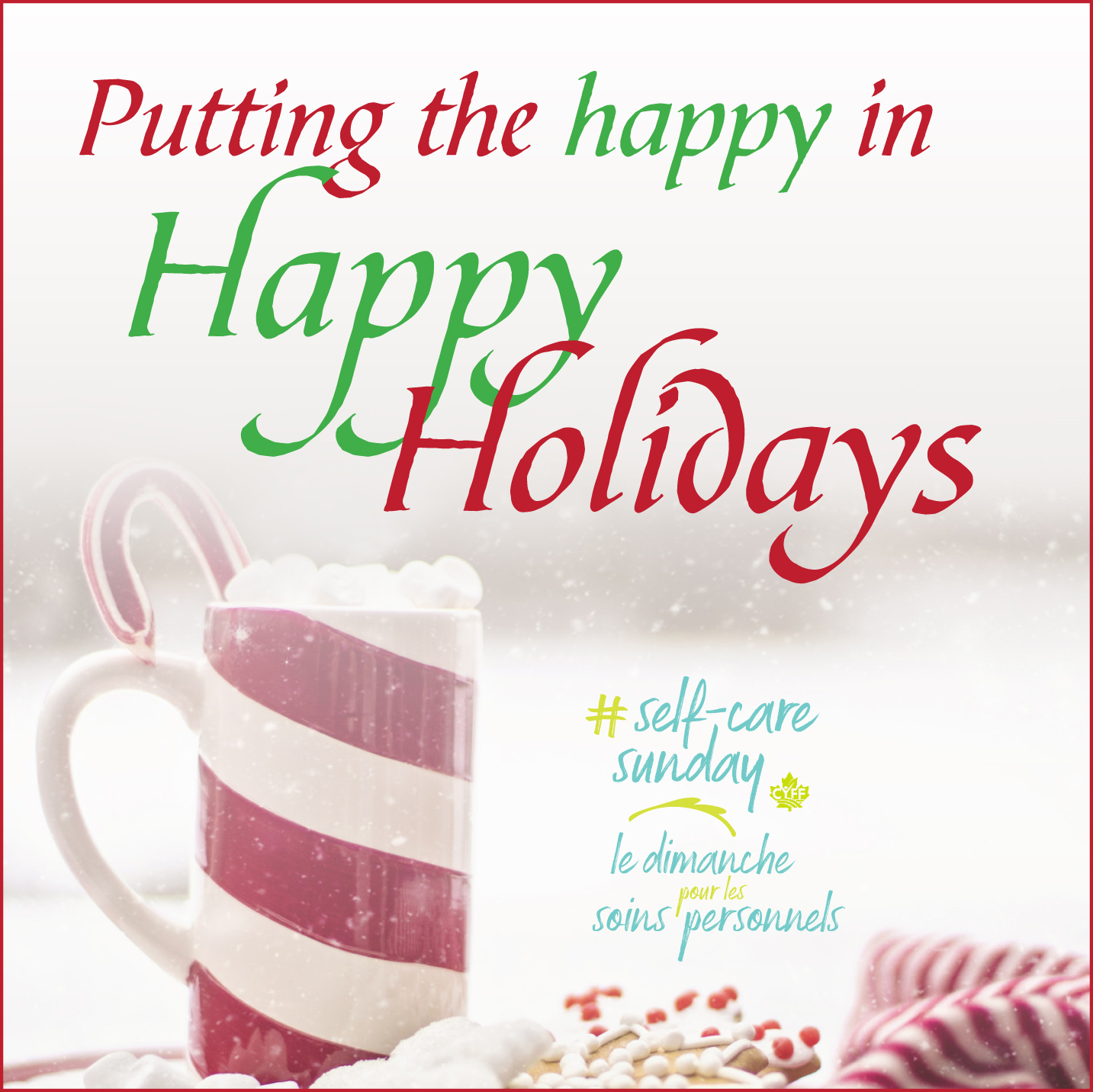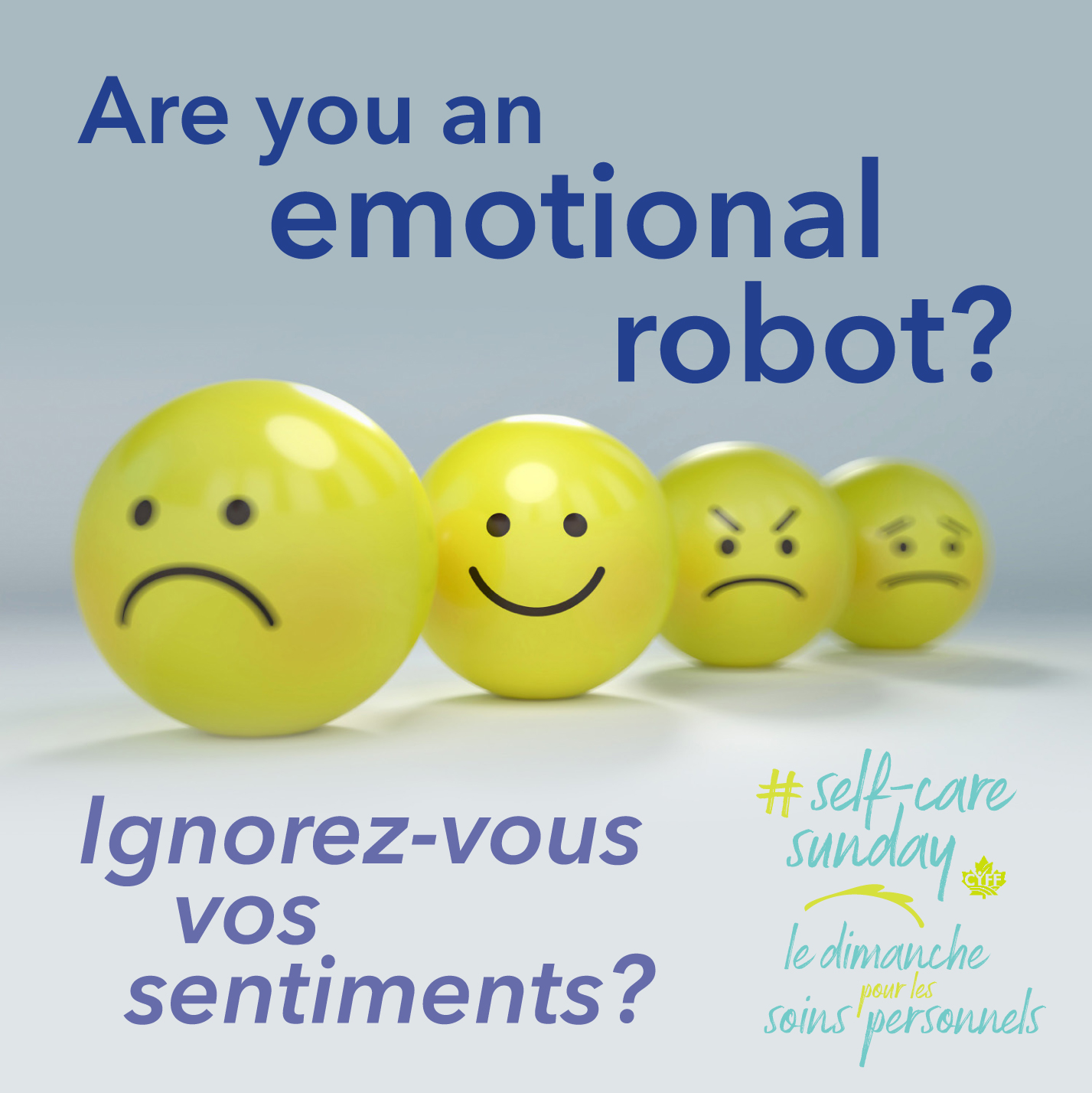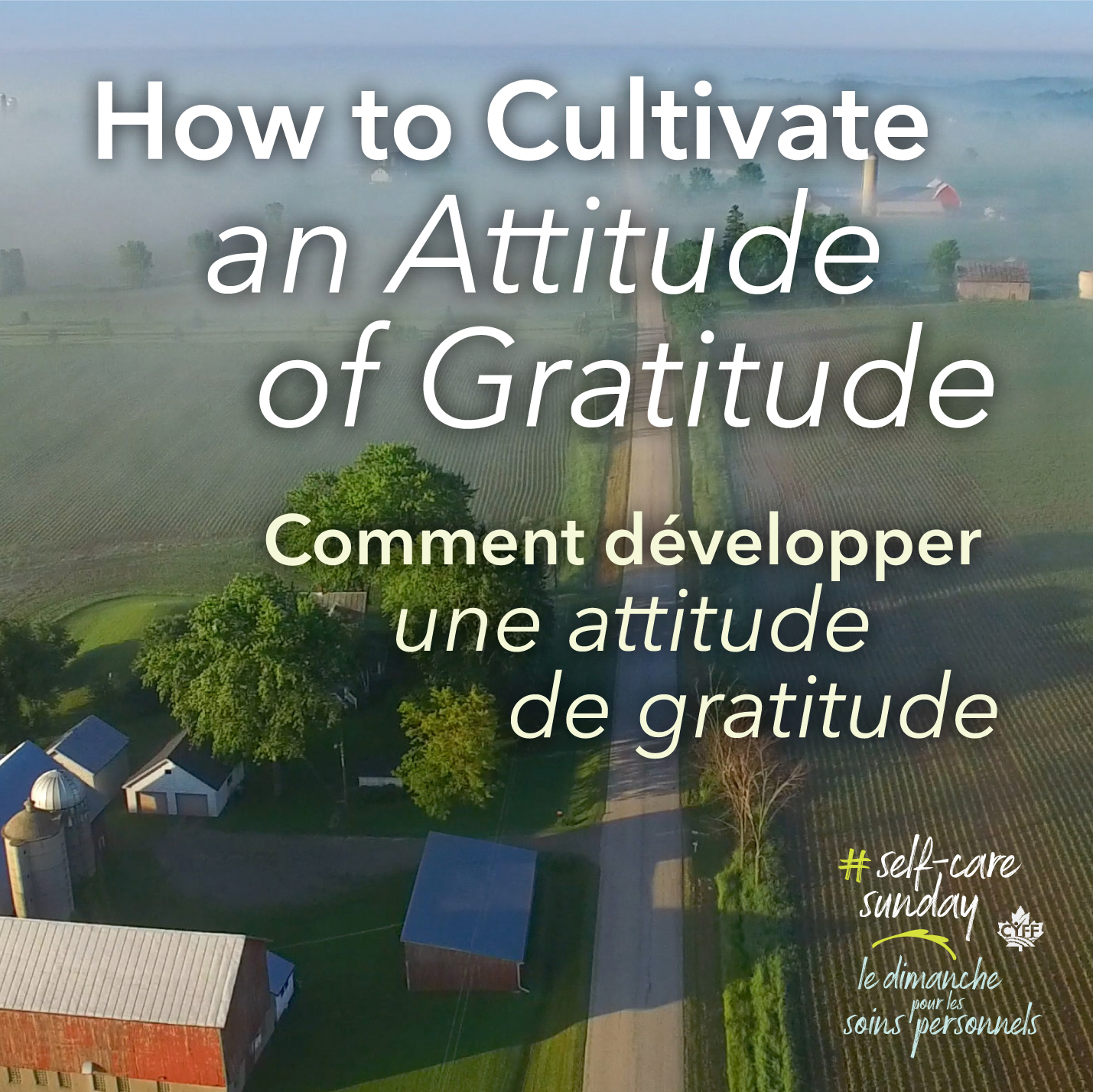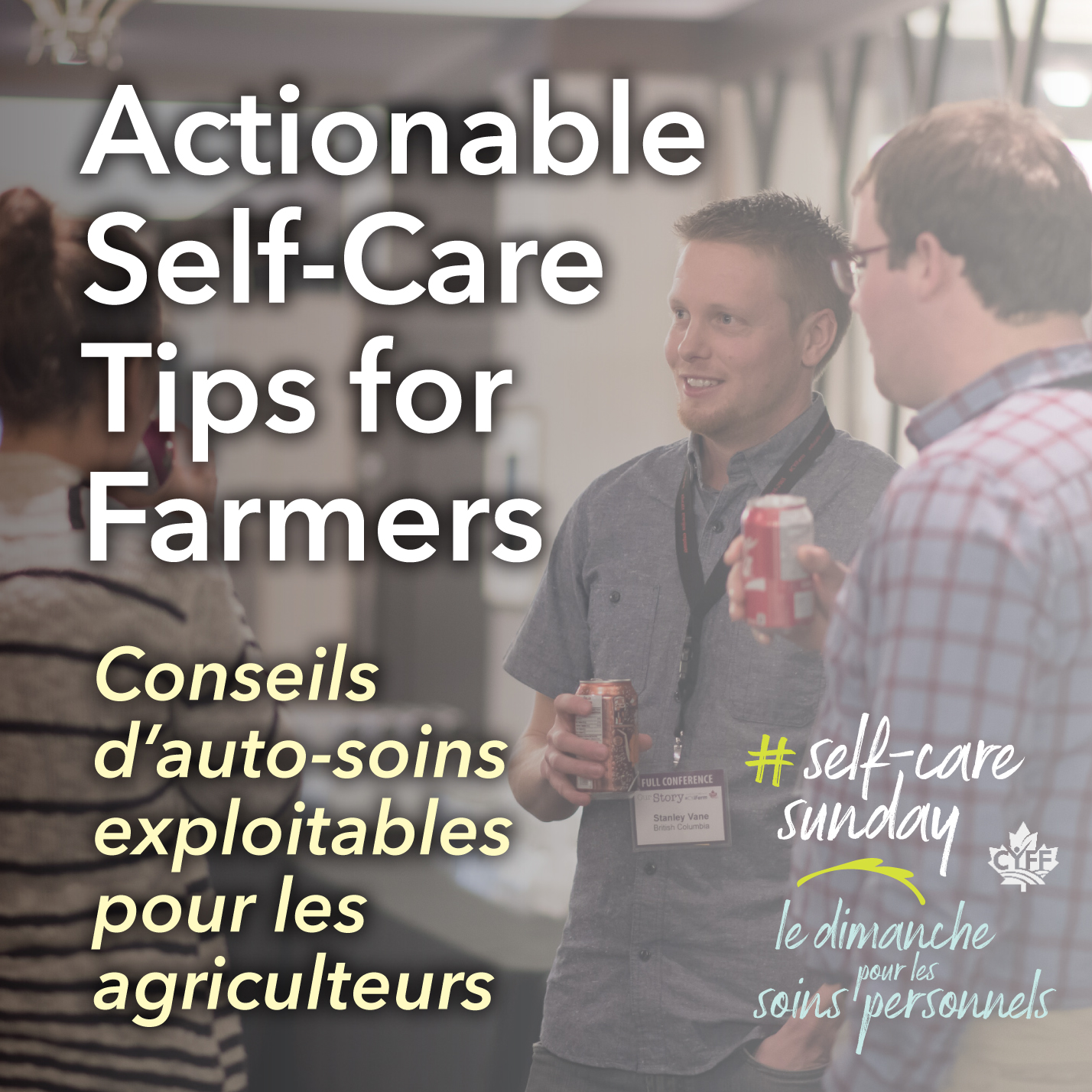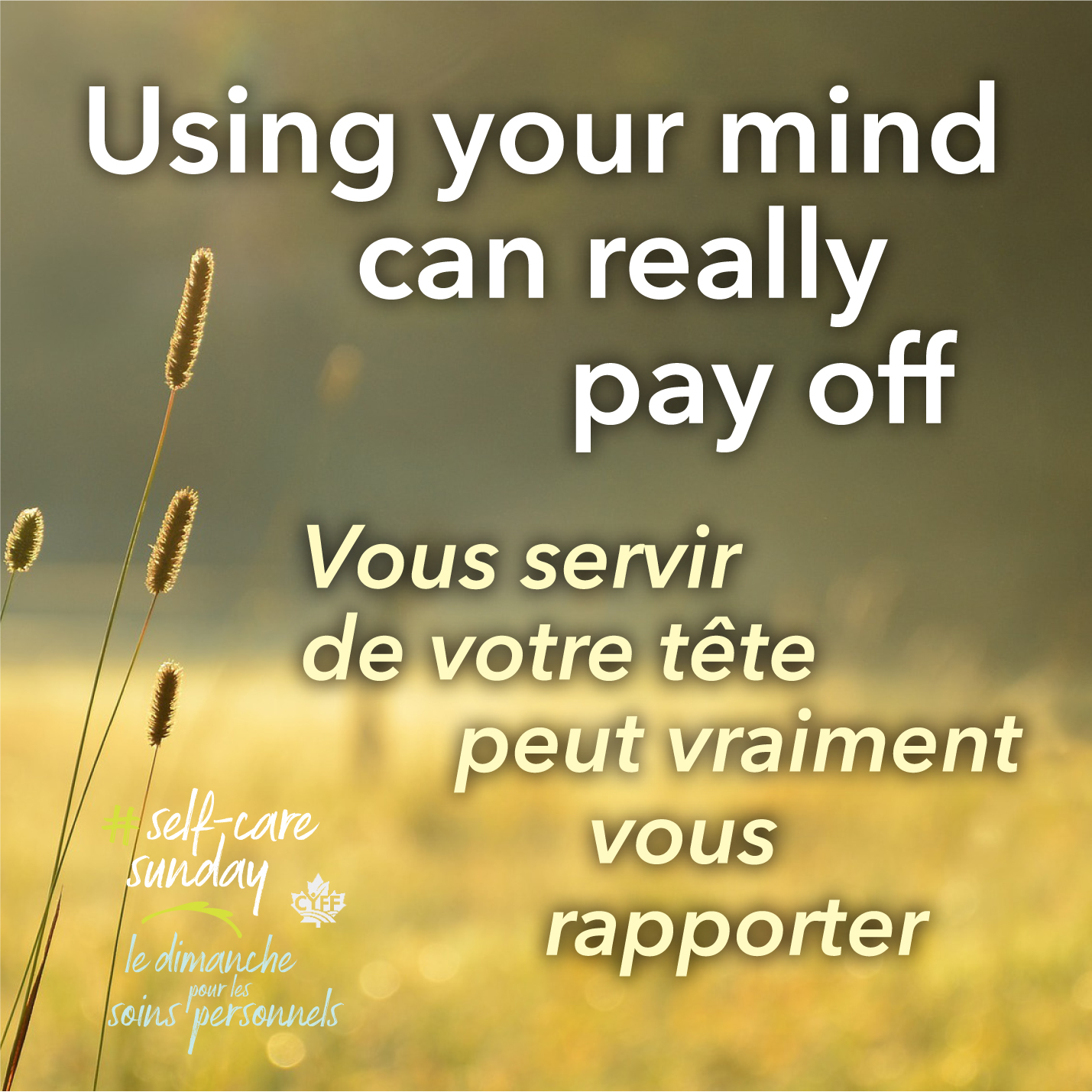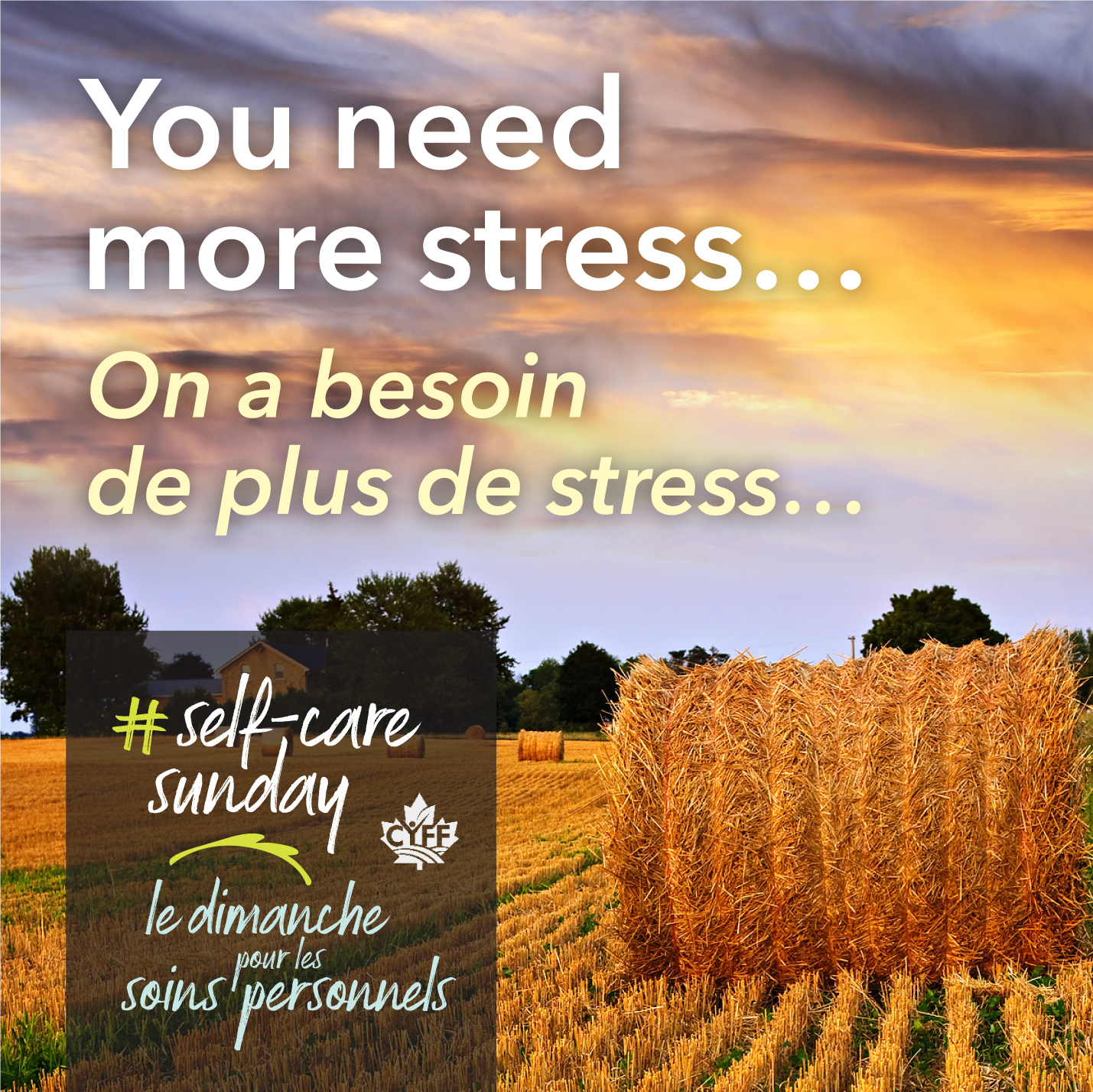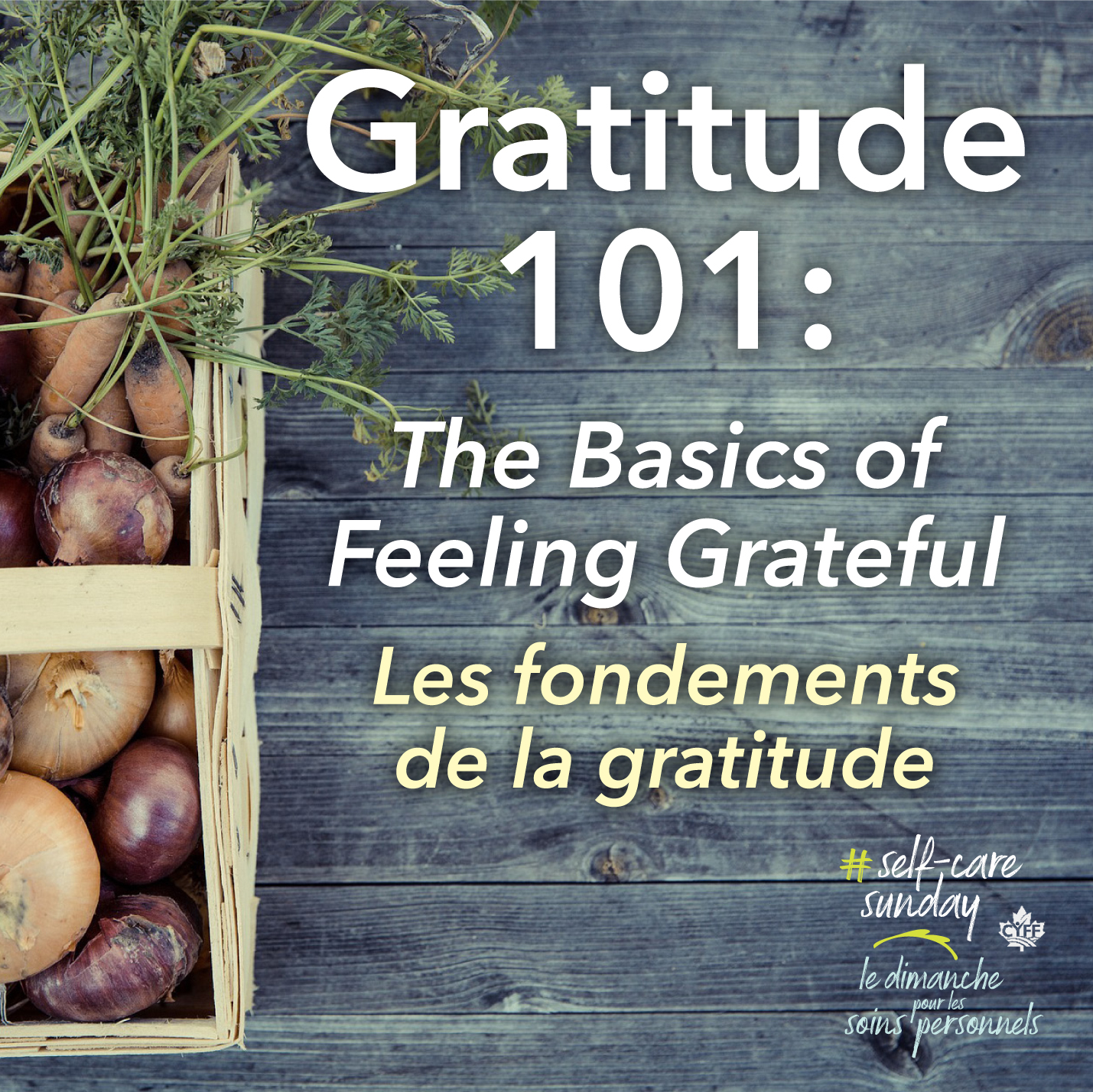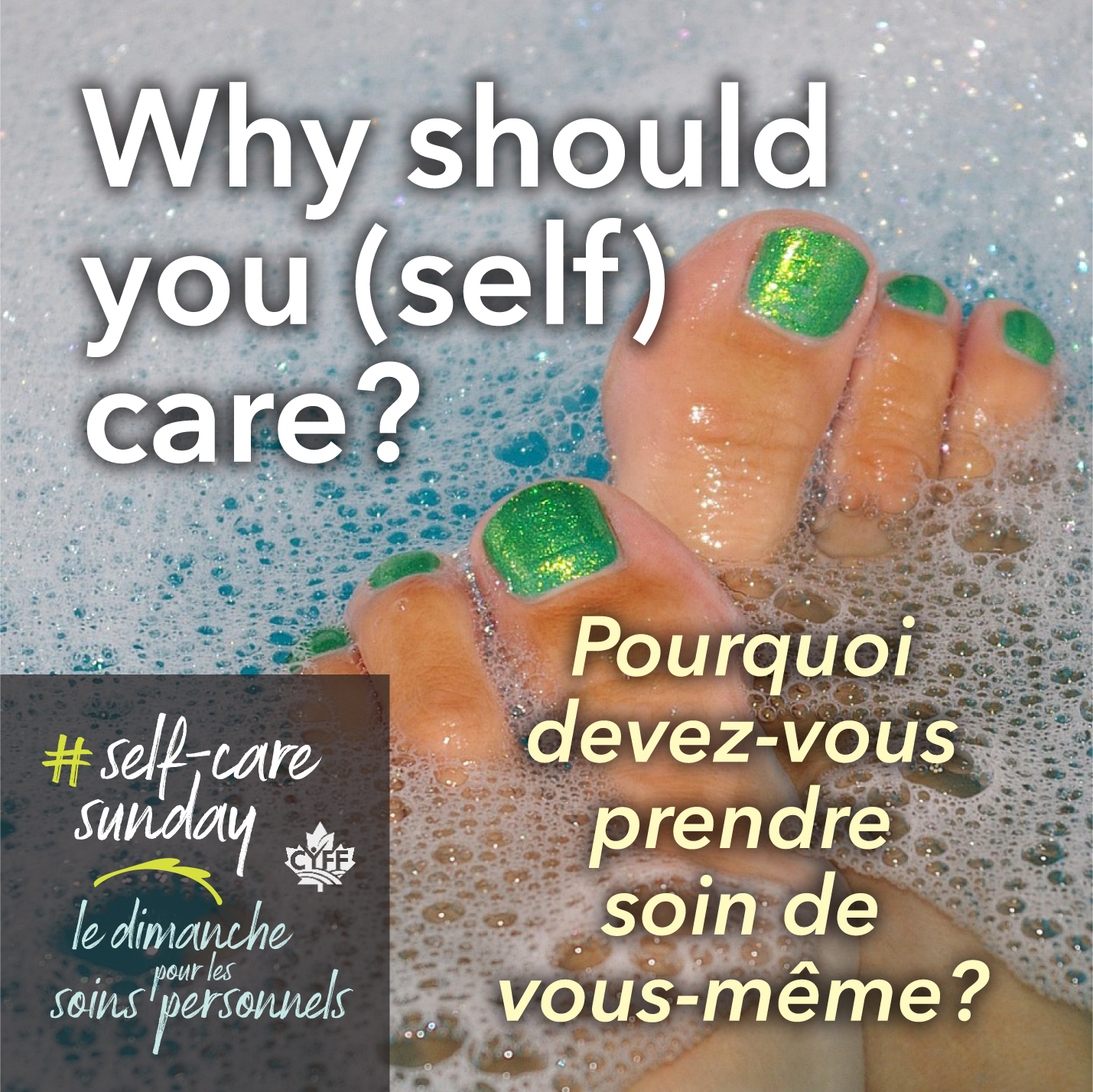

by Jess Campbell
Ignoring your emotions is flat out bad for you. Here’s what to do instead.
You can’t control your emotions.
There. It’s been said.
Except what do you do when you become so angry, you yell and scream… or so sad, you can’t get out of bed?
As we head into the full swing of the holiday season, emotions can easily be running a little higher than they might normally. The holidays are fantastic for some and downright miserable for others (both are okay, by the way). But the common ground they share is that the holidays are emotional.
The trouble is, most people are painfully unaware of their emotions, so much so that when they begin to feel emotional, they get scared and push away whatever feelings are bubbling up to the surface – that is, until they can’t.
Cue the emotional explosion. In the middle of dinner. On Christmas Day.
While we cannot consciously control our emotions, the good news is we can learn how to work with them to avoid blowing our emotional top, both throughout the holidays and the rest of the year, too.
IT’S NOT ABOUT YOU
It’s important to understand, on a very basic level, how emotions are triggered before we can begin to work with them effectively.
Emotions are triggered in the midbrain – a part of the brain not under our conscious control. Science tells us that an emotional reaction has different parts, including a response in your mind and in your body. For example, if you’re feeling angry, you might have racing thoughts and a racing heartbeat.
Sometimes though, the mind triggers unconscious emotional response, meaning you may feel angry or sad and have no idea why. This is your brain noticing something in your immediate situation and triggering a response without you noticing an obvious reason why. It’s one of the ways our brain keeps us safe and its been working this way for centuries.
Where we run into emotional trouble is how we’re taught to handle emotions. When you’re feeling a certain way, it’s typical for someone to say, “Just get over it” or even “Calm down.” That advice is not at all helpful because you literally cannot change the way your brain responds to certain situations, nor does it help you figure out why you feel the way you do. Instead of following that terrible advice, what you can do is work with your emotions.
START PAYING ATTENTION TO YOURSELF
It sounds simple enough, doesn’t it? But intentionally noticing your feelings with the goal of responding differently is a skill hardly anyone has. However, it is absolutely a skill that can be learned.
Humans are a complex species – but we’re also kind of dumb when it comes to our emotions. To increase your intelligence around your emotions, start by paying attention to how you feel when faced with certain situations. Maybe you feel anxious when you’re heading to a bank meeting, or angry when you see a person you have a rocky history with. Making note of these feelings is a good thing.
Take it a step further and try to name how you’re feeling. For example: ‘I feel anxious when I go into the bank.’ Or ‘I feel angry when I see that person.’ Naming the emotions you’re feeling will help you begin to process them in what feels like a whole new way.
FEEL ALL THE FEELS
How do you process feelings? You feel them!
Practically from birth, we are told to push through or ignore our feelings. Unprocessed emotions are stored in the body via things like tense muscles and breath holding. And we all know how pent up emotion affects our mental health.
Pushing emotions down or locking them up results in being afraid to feel. Instead of feeling, we do things like eat our feelings or work our feelings or numb our feelings with drugs and/or alcohol or even mindless phone scrolling or binge-watching.
So, know this: it’s okay to feel your feelings. Allow yourself to feel them. Doing so may be scary and really hard, but it is the only way to release everything you have locked inside. If it’s too scary to feel your feelings alone, enlist the help of a trusted friend or a mental health professional. There is absolutely no shame in getting help.
Know that while we can’t consciously control our emotions, we can work with them to process how we’re feeling and gain a much better understanding of ourselves. Feeling your feelings doesn’t make you less-than or weak. It makes you human.

by Jess Campbell
The holiday season is in full swing, which doesn’t always translate to feeling holly and jolly. But this time of year doesn’t have to always feel Grinch-infused.
Baking. Cooking. Cleaning. Hosting. Shopping. Planning. Travelling.
Oh, and farming.
The holiday season is no joke. For many, it’s pretty stressful – maybe even depressing. Regular expectations of ourselves and others seem to fly out the side of Santa’s sleigh and we’re left feeling overwhelmed and underappreciated because of it.
Ah, but there’s a way to feel a little more even keel around the holidays, believe it or not.
FEEL
Are you shocked to read this? Acknowledging your feelings is the first step to finding peace during the holiday season. If this time of year causes you to feel grumpy and down, that’s okay. If it causes you to feel joyful and full of wonder, that’s okay. If your feelings are somewhere in the middle or they oscillate back and forth – also okay. Allow yourself to feel the way you feel about the holidays. It’s all okay, and it’s all going to BE okay.
BE PRESENT
We’re not talking presents under the tree, obviously. A lot of our stress comes from worrying about the future or the past. Spoiler alert: you can’t change either of them. So, why not stay in the here and now as much as possible? Try to feel grateful for what you have in front of you – even if it’s your crazy cousin asking you to save the neck of the turkey for him. (“She’s a beaut, Clark!”)
BE REALISTIC
Are you really able to pack in one more holiday gathering on a day when you already have five scheduled? Prioritize. And then ask yourself what you want to do. If you want to add another thing to your list and you feel good about it, do it! But understand that no one actually expects you to do and be All The Things. So, why put that kind of pressure on yourself? It’s a sure fire way to suck any chance of holiday joy right out of the season.
SAY NO
Tied in with the above point is saying no to things you either don’t want to do or can’t do. If you’re worried that your mother-in-law is going to be disappointed that you’re not hosting 37 people at your house on Christmas Eve because you have a new baby and the cows are calving – that’s okay. But understand that we are only responsible for ourselves; our own behaviour, words and actions. If hosting or baking or attending doesn’t fit into your life this time of year, it’s okay to politely decline the invitation. ‘That’s not going to work for me/us,’ ‘I’m sorry but I can’t,’ and ‘No, thank you’ work really well.
KEEP YOUR HEALTHY HABITS
Do you go for a walk every evening, meal prep a week’s worth of dinners or get to bed by 9 every night? There’s absolutely no reason to let your existing habits slide during the holidays. The biggest challenge for a lot of people, though, is food and eating. During the holidays, it becomes the norm to consume an entire day’s worth of calories in one meal – for six days straight. If you’re going to do that, make sure you keep up your other healthy habits to balance it out. Because that’s what you’re looking for during the holidays: balance.
BUDGET
With all the parties and dinners and family functions to attend throughout December, spending can get pretty wild, pretty fast. Keeping a holiday budget is simpler than ever these days because, of course, there’s an app for that. Download one to your phone to keep track of not only what you need to buy and who you need to buy for but also the budget you need to stick to for each event and person. Your future self – and your future bank account – will thank you.
REACH OUT
Despite the Christmas movie marathons which depict otherwise, the holidays aren’t always softly falling snow, twinkle lights and love. Perhaps you’re not in touch with your family. Maybe someone close to you has passed away and this is your first holiday season without them. Or maybe you’re just feeling depressed and can’t seem to pinpoint why. If you’re struggling with any of these – or none of them – please reach out to a professional. We live in a society that has the resources to help when we’re struggling with our mental health. You’re not weak for asking for help; you’re taking care of yourself. No matter your reason for reaching out, the point is that you do it in the first place.
Happy holidays, everybody.
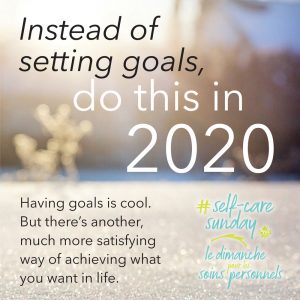
by Jess Campbell
Having goals is cool. But there’s another, much more satisfying way of achieving what you want in life.
Happy (almost) New Year!
As this article is published, we’re on the cusp of not only a new year but also a new century. This means, more than usual, you may feel the drive to set some pretty lofty – maybe even downright outrageous – goals for yourself and your farm business for 2020 and beyond.
While there’s nothing inherently wrong with goal-setting, doing so may not be the most efficient, effective way for you to achieve the things you want to achieve. So, if you’re looking to do amazing things in 2020, think not of setting goals but of fine-tuning your systems to achieve those goals.
FOCUS ON THE PROCESS, NOT THE OUTCOME
Say you have a goal of cleaning your shop over the course of the somewhat slower winter months. It’s always a disaster and to find anything is a huge pain. So, you set aside a few days and get it all clean and organized. You’re super proud of yourself for accomplishing that goal, and rightfully so.
Except a few weeks later, the shop is a giant mess again.
What gives?!
When it comes to goals, you want to focus your energy on the systems that support it instead of on the goal itself. The goal gives you something to aim for (a tidy, organized shop) but the system provides you with a way to fix the existing issue, and keep it fixed. The next time you use something from the shop, put it back where it goes instead of throwing it on the workbench. Ask anyone else with access to the shop to do the same. At the end of the day, zip around and tidy anything that’s still out of place. Pretty soon, you won’t need to set aside three whole days to clean your shop because it will already be neat and tidy from the system you set up to support having an organized shop.
AVOIDING THE DREADED NOW-WHAT
If you’ve ever reached a goal, large or small, you know exactly what it feels like: fantastic.
… for about a minute, or a day (depending on the size of the goal, i.e. cleaning your shop versus running a marathon).
Achieving a goal changes your life for a moment or, put another way, it solves a problem temporarily. The idea behind focusing on systems instead of outcomes is that you’re never left with the dreaded question of what to do after you’ve reached your desired outcome.
You’ve cleaned your shop (cool!) and have also implemented a system for keeping it clean. There’s no need to look around and wonder what to do once it’s clean – or how to keep it clean – as long as you continue to focus on the process of putting tools away after use. Plus, there’s the added bonus of being able to find things when you need them, every time you need them, which is basically continuous happiness.
GOALS RESTRICT HAPPINESS
We just talked about how happiness is fleeting upon reaching a goal. The other thing that happens to happiness when you focus on the goal instead of the process is that your ability to be happy right now is restricted.
‘I’ll be happy when I lose 20 pounds.’
‘I’ll be happy when the succession plan is finished.’
‘I’ll be happy when I get that new truck.’
In the famous words of Jimmy Fallon as Sara: “Ew!”
When you’re able to enjoy the process, you aren’t required to wait to be happy. Because really, who wants to wait to be happy? No one, that’s who.
If there’s anything you decide to do at this turn of the decade, let it be to focus on the systems you have in place – or are putting in place – that will help you achieve your goals, whether small and satisfying or downright outrageous.
Wishing you all a process-driven 2020.


